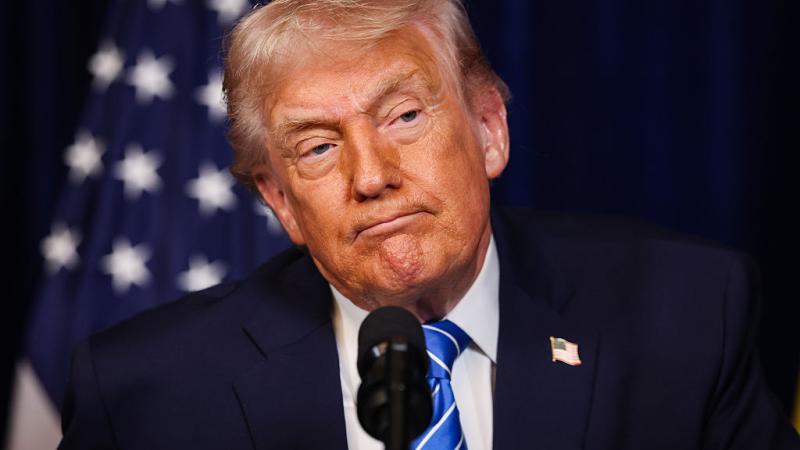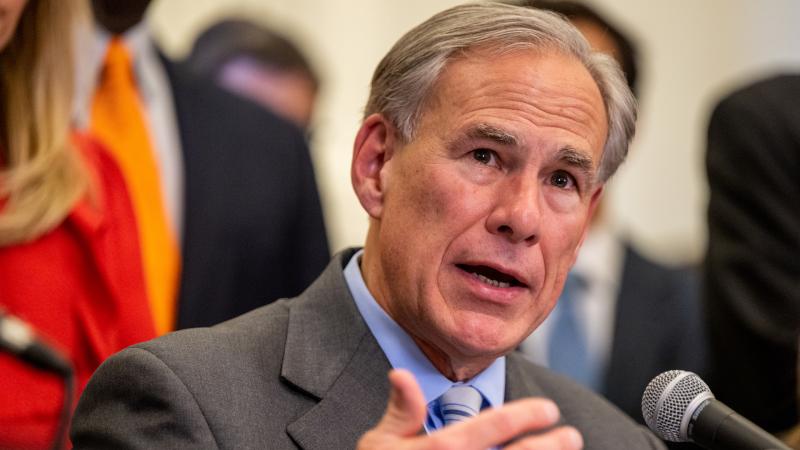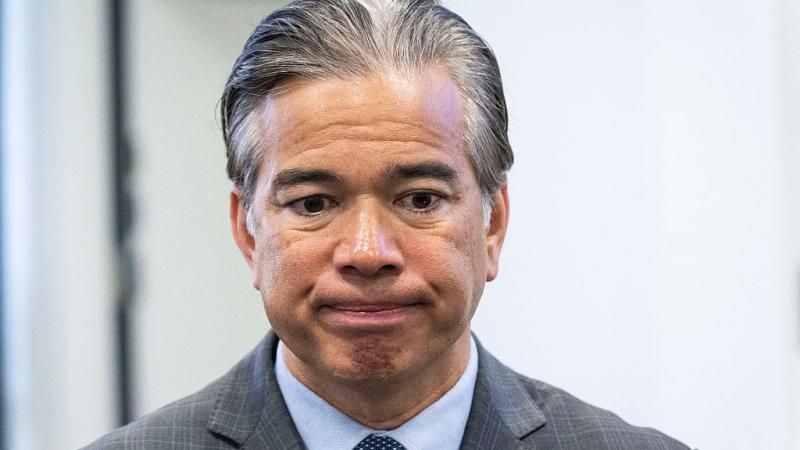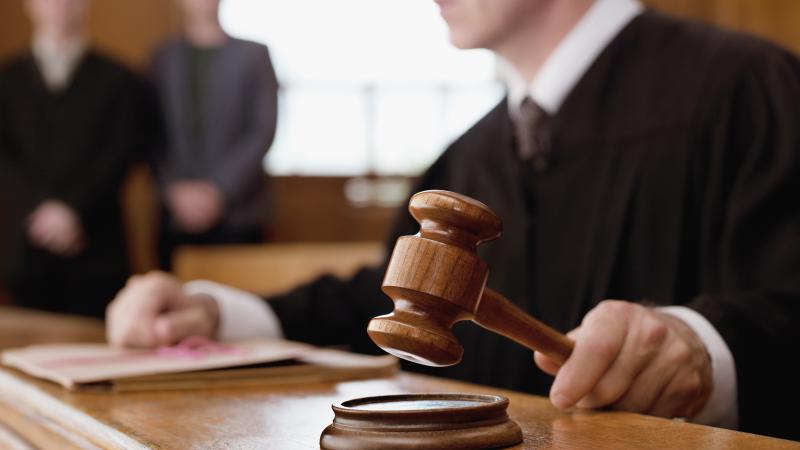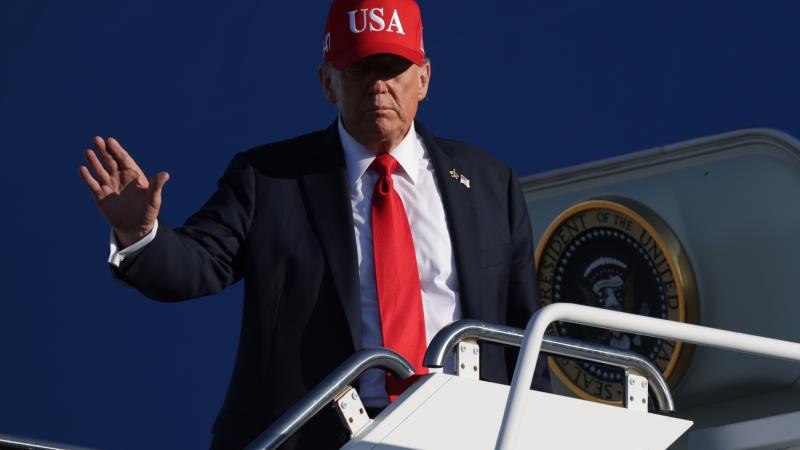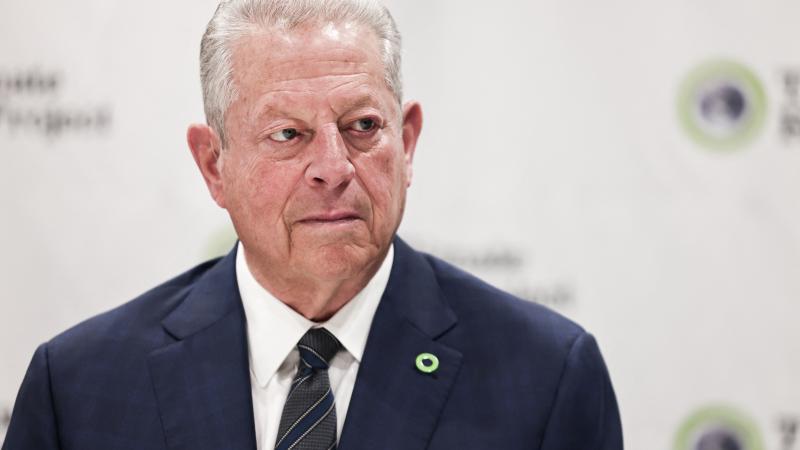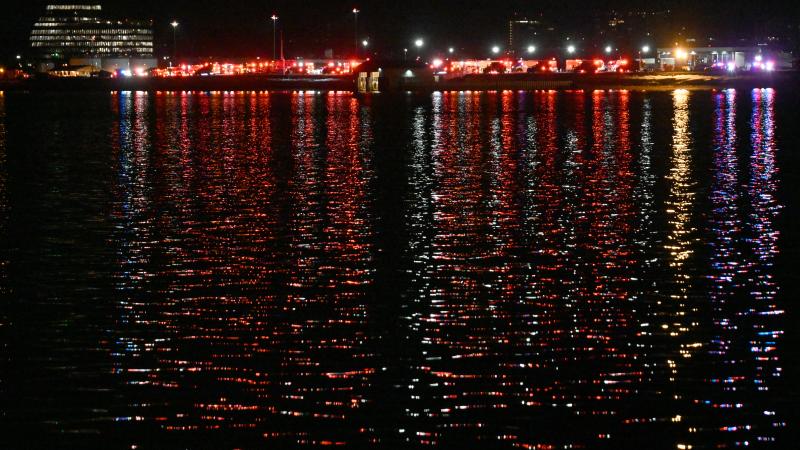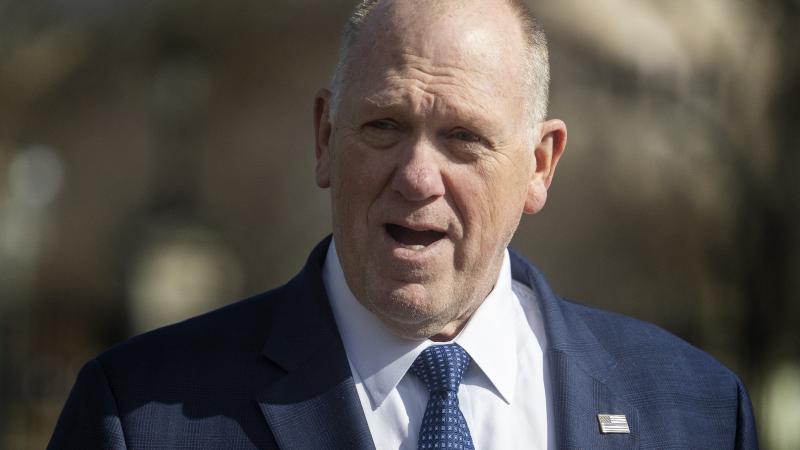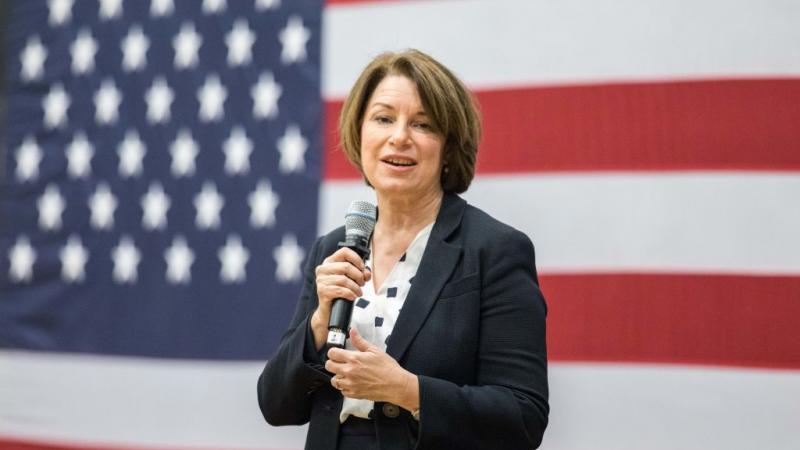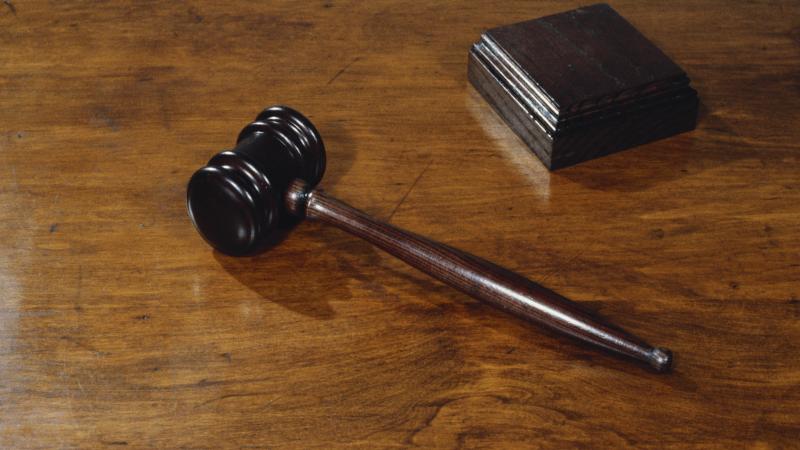Trump's 'Liberation Day' reignites debate over D.C. statehood
“It's times like these when America needs to know why your nation’s capital, a place where 700,000 taxpaying Americans live, should be the 51st state,” DC Mayor Bowser said on The Breakfast Club.
(The Center Square) -
As the National Guard begins patrolling the streets of Washington, D.C., after President Donald Trump announced their deployment in support of making the city safer, the move has reignited a debate over the district's statehood.
Since the president’s Monday announcement, protests have emerged to “keep D.C. free,” after fears Congress could rescind the district’s Home Rule Act, granting it limited autonomy.
In response to Trump’s executive action to declare a crime emergency, or “Liberation Day,” in the district by implementing federal control over the Metropolitan Police Department and deploying the National Guard to patrol, Mayor Muriel Bowser is leading a call to grant the city statehood.
“It's times like these when America needs to know why your nation’s capital, a place where 700,000 taxpaying Americans live, should be the 51st state,” Bowser said on The Breakfast Club.
Trump responded while touring the Kennedy Center on Wednesday, calling the push for statehood by Democrats a power play.
“Statehood is ridiculous. We want to straighten the place out. Statehood is ridiculous. It’s unacceptable. It’s the Democrats that want it, because the Democrats have, you know, about 95% in this little area,” Trump told reporters. “They want to pick up two senators. And it’s not going to happen … And that’s the least of the reasons why … What we want to do is make Washington, D.C. the greatest, most beautiful, safest capital anywhere in the world, and that’s going to happen.”
However, Sen. Mike Lee, R-Utah, who introduced legislation in February to end the D.C. Home Rule Act, has suggested an alternate plan that could be a political compromise.
Lee proposed the idea of returning much of the land the district occupies to Maryland.
“If the residents of DC want to be part of a state, the solution is *not* DC statehood. Any solution should involve reverting land ceded by Maryland for the creation of DC – excepting only a narrow corridor encompassing the White House, Capitol, & Supreme Court – to Maryland,” Lee posted on X.
He noted historical context and precedence to his proposal, adding that when D.C. was established by Congress in 1790, land was ceded from Maryland and Virginia, creating a diamond-shaped district. In 1846, Congress passed legislation to retrocede the Virginia portion of the land back to the commonwealth, which now comprises much of Arlington and the City of Alexandria.
Lee argues that the district in itself “doesn’t meet the criteria” that has been “historically applied to statehood.”
“Although the Constitution doesn’t specify minimum population or geographic size, our states have been admitted as territories with balanced economies —agriculture, industry, and diverse resources … We have *never* admitted a state that consists of just a single, geographically compact, urban enclave — whether heavily dependent on the federal government…
“DC lacks anything close to the industries, natural resources, opportunities for growth, and amenities found in literally every other state. It’s just a city — one city — and therefore can’t be accorded the status of a sovereign state using the time-honored criteria. More importantly, the Founders quite intentionally created DC as a *neutral* federal district to serve as the seat of the U.S. government under Article I, Section 8,” Lee wrote.
He added that the land return would “give DC residents what they deserve—state-level representation.”
Two states, Vermont and Wyoming have smaller populations than D.C.
The District of Columbia Home Rule Act of 1973 was enacted by Congress and ratified by D.C. voters. The act gave the district residents limited autonomy over local affairs, allowing them to elect local leaders, including mayors and council members.
Despite gaining some control, ultimately, Congress has the authority to manage the nation’s capital, according to Article 1, Section 8, Clause 17 of the U.S. Constitution. The president also has the authority to appoint district judges.
